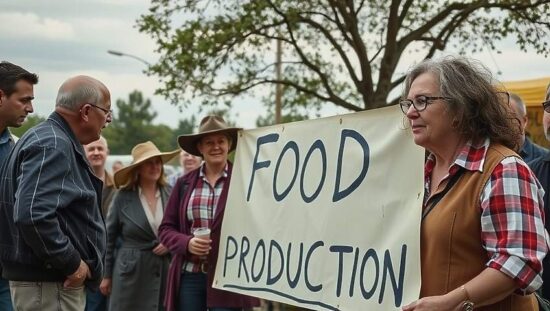The European Parliament is poised to vote Wednesday on a contentious proposal championed by the European People’s Party (EVP) faction that seeks to restrict the terminology used to describe plant-based alternatives to meat products. The plan aims to prohibit the use of terms like “Schnitzel” “Burger” and “Steak” for vegan and vegetarian substitutes, sparking fierce debate and drawing criticism from consumer advocates and agricultural groups.
The proposed regulations, ostensibly intended to prevent consumer confusion and uphold the distinctiveness of meat products, are being viewed by many as a protectionist measure favoring traditional livestock farming and potentially hindering innovation in the burgeoning plant-based food sector. Critics argue the move prioritizes the interests of established agricultural lobbies over consumer choice and clarity.
Susanne Uhl, head of the “Nahrung-Genuss-Gaststätten” (NGG) trade union’s Berlin office, vehemently opposes the terminology ban. She argues that rather than imposing restrictive labels, the focus should be on clear, transparent and consumer-friendly designations identifying products as vegan or vegetarian. “A ban on terms is not the solution” Uhl stated. “It would be far more beneficial to provide consumers with accessible information distinguishing meat from plant-based alternatives.
The German Farmers’ Association (DBV) has voiced support for clear labeling of products, though stopping short of endorsing the specific terminology ban. Generalsekretärin Stefanie Sabet emphasized the importance of readily identifiable distinctions between animal and plant-based foods, ideally sourced directly from farms.
The potential impact of the proposed legislation extends beyond simple labeling. Concerns are being raised about the stifling effect on the plant-based food industry, particularly smaller businesses and the potential for unnecessary bureaucratic hurdles. The debate highlights a broader tension within the EU: navigating the interests of traditional agricultural practices while embracing the evolving landscape of sustainable food production and consumer demand. Should the proposal pass the European Parliament, it will then be subject to approval by EU member states, setting the stage for a protracted and potentially divisive legislative process.





